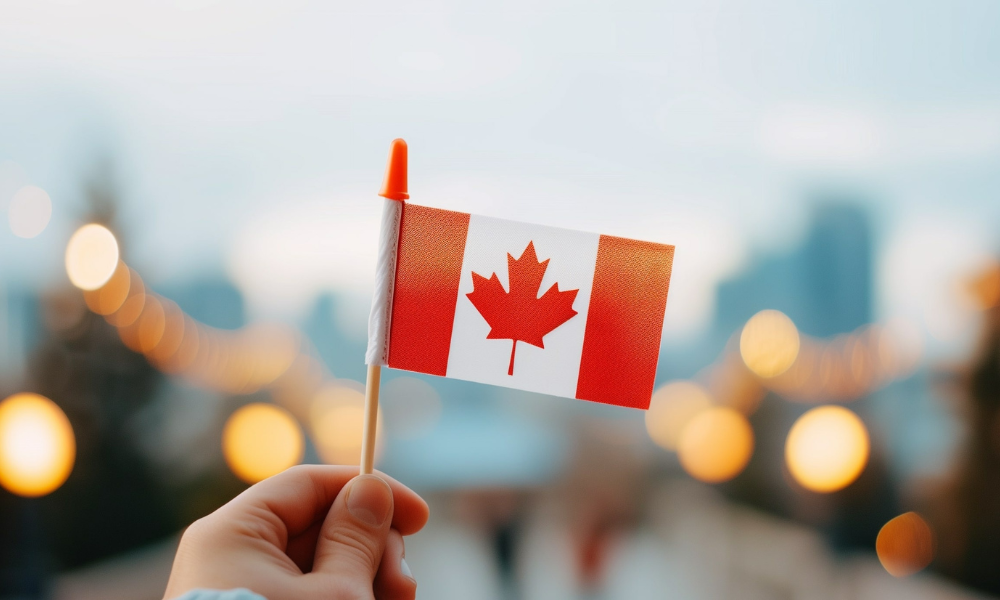Canada halts US$2 billion levy before deadline, reopens US trade talks with July target

Just hours before tech giants were due to pay nearly US$2bn under Canada’s digital services tax, the federal government scrapped the levy and reopened stalled trade talks with the United States.
According to a joint announcement on Sunday, Prime Minister Mark Carney and US President Donald Trump agreed to resume negotiations on a new economic and security partnership, with a target to reach a deal by July 21.
Finance Minister François-Philippe Champagne stated that halting the tax “will allow the negotiations to make vital progress and reinforce our work to create jobs and build prosperity for all Canadians,” as reported by CBC News on June 30.
The Digital Services Tax Act, which became law in 2024, was scheduled to collect retroactive payments starting June 30.
Champagne confirmed that legislation to repeal the tax will soon be introduced.
The federal government’s press release stated the move was made “in anticipation of a mutually beneficial comprehensive trade arrangement with the United States.”
The tax applied a three percent levy on revenue from Canadian users earned by large digital companies offering online marketplaces, advertising services, or social media platforms.
The measure targeted firms with global revenues above 750 million euros and Canadian digital services revenue over $20m.
The Parliamentary Budget Officer estimated the tax would generate $7.2bn over five years.
Although the tax was not limited to US firms, most affected companies—such as Amazon, Google, Meta, Uber, and Airbnb—are American.
In response, US politicians and industry representatives strongly objected to the measure’s retroactivity and national focus.
A letter cited by CTV News stated that 21 members of Congress claimed US companies would bear 90 percent of the tax burden, with the first payment alone totalling US$2bn.
Trump reacted swiftly to the tax, writing on his social media platform on Friday that it was a “direct and blatant attack” and halting all trade talks with Canada.
He warned new tariffs could follow and said the cost “to do business with the United States” would be revealed by July 4.
Trump also reiterated concerns over Canada’s supply management in the dairy sector, as per CBC News.
The abrupt reversal marked a sharp turn from earlier in the month, when Carney and Trump appeared aligned at the G7 Summit in Kananaskis and agreed to aim for a mid-July deal.
According to Financial Post, the two had been negotiating since May following Carney’s visit to the White House after the federal election.
Champagne’s Sunday announcement followed a call between Carney and Trump, and a separate conversation between Champagne and US Treasury Secretary Scott Bessent, as reported by Financial Post.
The digital services tax was first introduced by the previous Liberal government in 2019 and formally announced in 2020.
CTV News noted that the measure aimed to address the tax gap left by digital firms generating Canadian revenue without local taxation.
While Canada supported a multilateral agreement through the OECD, it moved forward with a national tax when global negotiations stalled.
Opposition to the tax was not new.
The Biden administration had already launched a dispute under the Canada-United States-Mexico Agreement.
Michael Geist, internet and e-commerce law chair at the University of Ottawa, wrote on Saturday that Canada’s commitment to the tax “virtually guaranteed the US would respond as it did,” as cited by CTV News.
Industry groups also voiced concerns.
The president of the American Chamber of Commerce in Canada, Rick Tachuk, said the tax was “retroactive, one-sided, and deeply damaging to cross-border trade,” and warned it would become a flashpoint in bilateral relations, according to CTV News.
According to McGill University politics professor Daniel Béland, “President Trump forced PM Carney to do exactly what big tech wanted,” describing the retreat as a “clear victory” for Trump and US digital firms, as reported by Financial Post.
Carney stated that Canada’s approach to these negotiations will “always be guided by the overall contribution of any possible agreement to the best interests of Canadian workers and businesses,” according to the Canada.ca news release.



